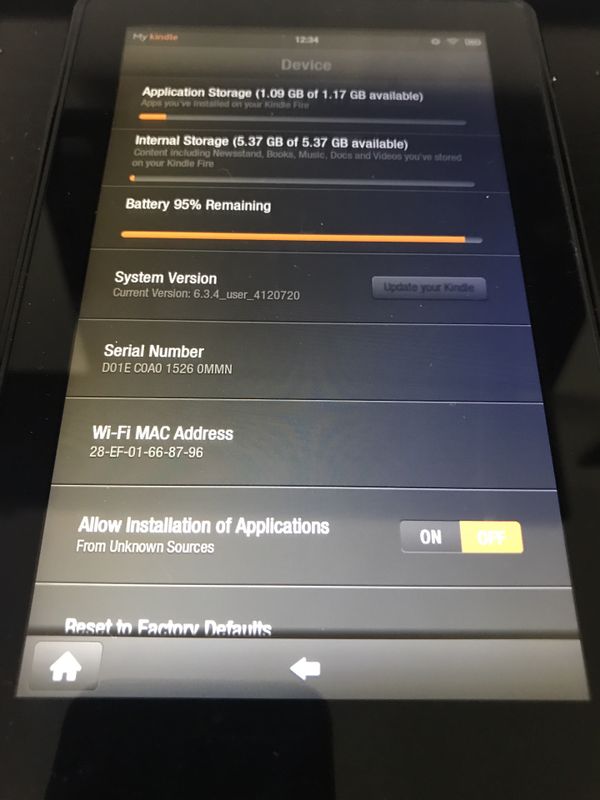
If you’re like us and love to read, then click here to score tons of free and discounted ebooks. Source: 14 years as a LEO, 4 of which have been as a detective.Connecting the RIGHT readers with the RIGHT books I mention "should" a lot because there are plenty of officers who won't go that extra step and see the case through. Those hits are also reported to local law enforcement who should follow up on that reported hit or item to verify whether or not the serial number and item matched. So if someone steals your Walkman and you reported the serial number in the police report and the pawn shops correctly enters the serial number, that can be checked against NCIC but it depends on the reporting mechanism in place in your area. Pawn shops are also required to report unique numbers to their local law enforcement authority (at least in my state, ymmv). That facilitates the item (eventually) being returned to the owner. If a hit is returned on that serial number, the originating agency's case number and phone number should be listed on the hit. When an officer encounters items they might believe don't belong to the suspect or were obtained in some illegal manner, they SHOULD run the serial number through NCIC.

When an item with a unique/serial number is reported as stolen, the item should be entered into the National Crime information Center (NCIC) database.

Serial numbers are also a big tool in proving or disproving a potential suspect's account of how they obtained the property. Having a serial number is the best way to get your personal items returned if they're doing during the course of an investigation.


 0 kommentar(er)
0 kommentar(er)
